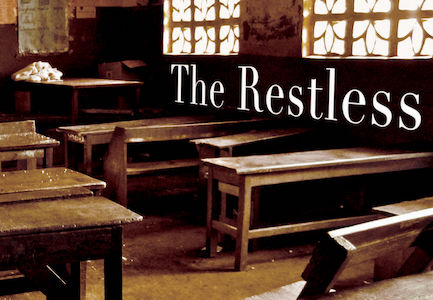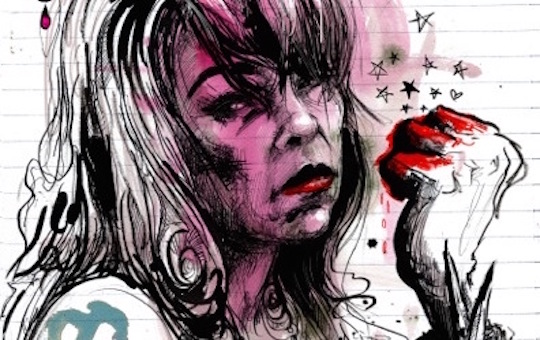Following our recently published review of Virginie Despentes’ Pretty Things, Barbara Halla takes on the Vernon Subutex Trilogy. In this essay, Despentes’ most recent work is seen to interrogate female anger, everyday life, and the power of community in new, thought-provoking ways.
In a 2017 profile of Virginie Despentes, Le Monde eschewed Despentes’ name, preferring to refer to her simply as Le Phénomène, The Phenomenon, throughout the piece. This epithet is no exaggeration: Despentes has held the French literary scene in her grip since the mid-nineties when she published her first book, Baise-moi (translated into English as Rape me, by Bruce Benderson), and then directed its 2001 movie adaptation, featuring two porn actresses in the lead. Manu and Nadine, the main characters and both victims of violence of some kind, embark upon a road trip where they lure, sexually exploit and kill off men. It wasn’t just the violent acts that made Baise-moi feel radical. It was the lustful pleasure the protagonists took in this violence that stunned audiences, leading to a temporary ban of the film in France. As Lauren Elkin points out in The Paris Review, when the movie came out, there was nothing else to compare it to, so critics fell back on Thelma & Louise, another feminist road film about two women on the run. But Despentes’ nihilistic and sadistic story has little in common with Thelma and Louise.



